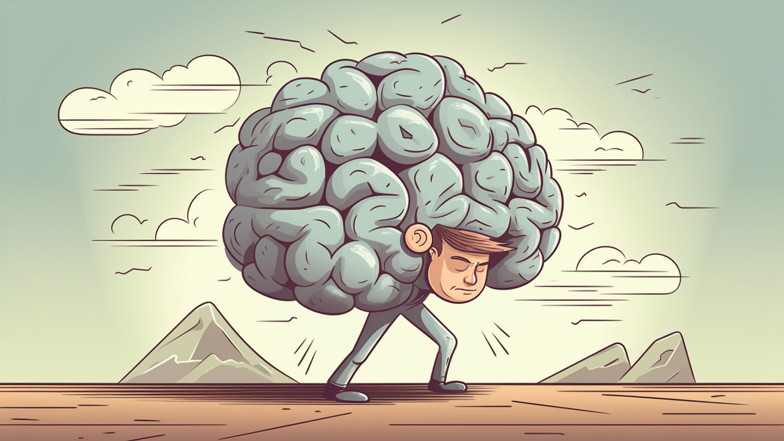
What is Mental Resilience?
Mental resilience refers to the ability to adapt and cope with adversity, and to bounce back from setbacks, challenges, and difficult situations. It involves developing a robust and positive mindset that enables you to maintain your emotional equilibrium and to stay focused and motivated even in the face of adversity. Mental resilience is a critical aspect of mental health, and it can help you to manage stress, anxiety, depression, and other mood disorders more effectively.
The Benefits of Mental Resilience
There are numerous benefits to developing mental resilience, including:
1. Greater emotional stability: Mental resilience enables you to remain calm, centred, and collected even when confronted with difficult situations.
2. Improved mental health: Building mental resilience can help to reduce stress, anxiety, and depression, and can improve overall mental health.
3. Increased self-confidence: Developing mental resilience can improve your self-esteem and confidence, and enable you to tackle challenges and pursue your goals with greater confidence and conviction.
4. Enhanced problem-solving skills: By developing mental resilience, you can improve your problem-solving skills and become more effective at overcoming obstacles and finding solutions to difficult problems.
5. Better relationships: Mental resilience can improve your communication and interpersonal skills, making it easier to build positive relationships with others.
Ways to Cultivate Mental Resilience
Here are some practical tips for building mental resilience:
1. Adopt a positive mindset: Start by focusing on the positive aspects of your life rather than dwelling on negative thoughts and experiences. Practice gratitude by reflecting on the things you are thankful for in your life, and try to cultivate a sense of optimism and hopefulness even in challenging situations.
2. Practice mindfulness: Mindfulness involves paying attention to the present moment and focusing on your thoughts, feelings, and physical sensations without judgment. By practicing mindfulness regularly, you can increase your awareness and self-knowledge, and become more resilient to stress.
3. Set achievable goals: Setting achievable goals and working towards them can help to build self-confidence and foster a sense of accomplishment. Start small and gradually increase the difficulty of your goals as your resilience and confidence grows.
4. Take care of yourself: Self-care is essential for building mental resilience. Make sure to get enough sleep, eat a healthy and balanced diet, exercise regularly, and prioritise time for relaxation and enjoyment.
5. Connect with others: Building positive relationships with others is an essential aspect of building mental resilience. Connect with supportive friends, family members, or colleagues, and try to build meaningful relationships based on mutual trust, respect, and compassion.
The Power of Positive Affirmations
Positive affirmations are an effective way to build mental resilience and cultivate a positive mindset. Positive affirmations are simple phrases that you can repeat to yourself regularly to reinforce positive beliefs and emotions. Some examples of positive affirmations include:
"I am strong and resilient."
"I can overcome any challenge."
"I am worthy of love and respect."
"I am grateful for the blessings in my life."
By repeating positive affirmations regularly, you can build a more positive and resilient mindset and overcome negative thoughts and feelings that may be holding you back.
Other Natural Methods to Boost Mental Health
In addition to building mental resilience, there are several other natural methods to boost your mental health and well-being, including:
1. Exercise: Regular exercise can help to reduce stress, anxiety, and depression and improve overall physical and mental health.
2. Meditation: Meditation has been shown to reduce stress, improve attention and concentration, and enhance overall mental health and well-being.
3. Yoga: Yoga combines physical postures, breathing exercises, and meditation to promote physical, mental, and emotional balance and improve overall well-being.
4. Creative expression: Creative activities such as writing, painting, or music can help to reduce stress, improve mood, and enhance overall mental health and well-being.
Conclusion
Building mental resilience is a critical aspect of mental health, and it can significantly improve your overall well-being and quality of life. By adopting a positive mindset, practicing mindfulness, setting achievable goals, taking care of yourself, and connecting with others, you can cultivate mental resilience and become more resilient to stress, adversity, and difficult situations. Positive affirmations, exercise, meditation, yoga, and creative expression are all natural methods to boost your mental health and well-being and enhance your overall quality of life.
Comments
Post a Comment